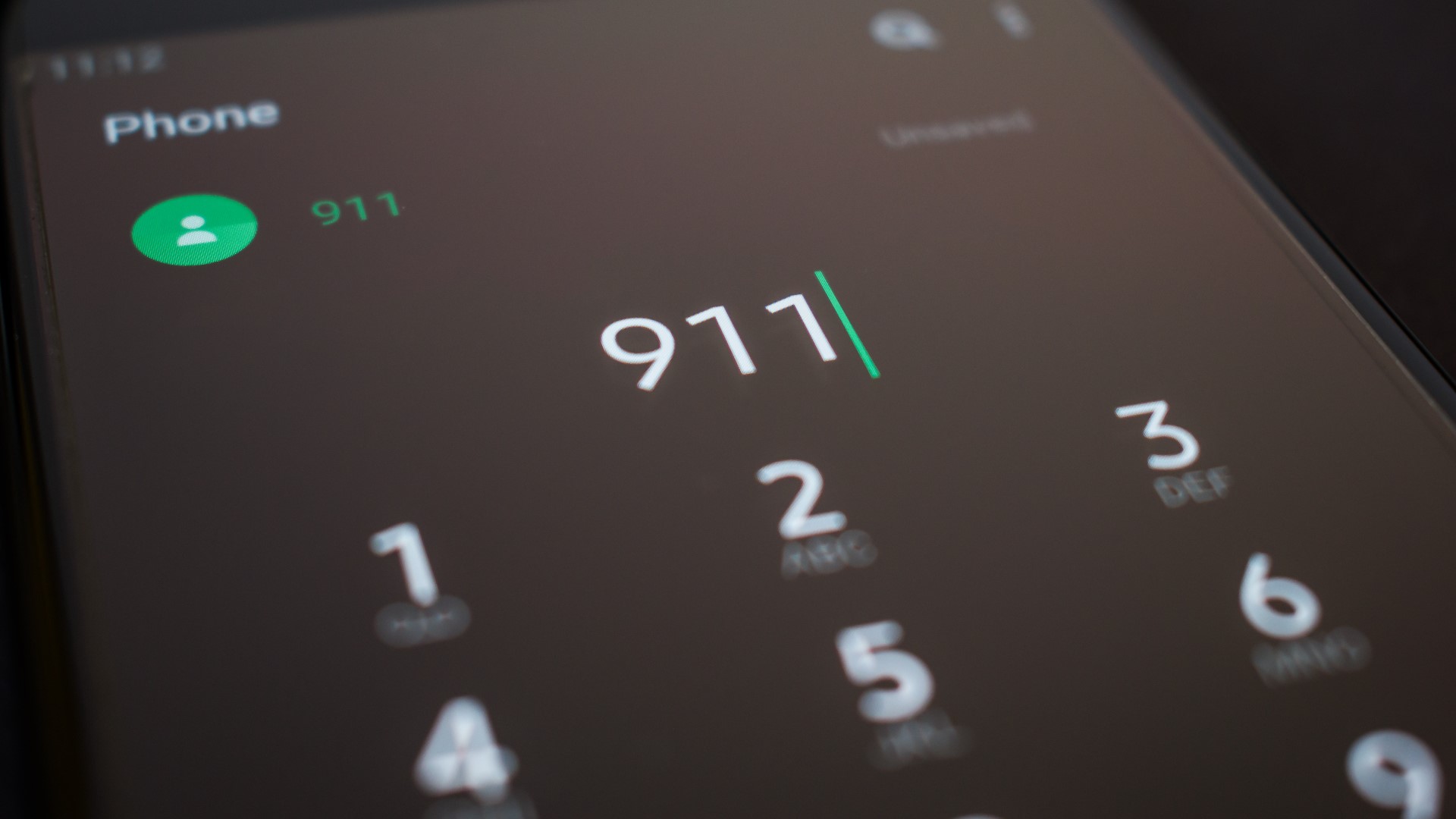DES MOINES, Iowa — A mental health professional might not be the first person people think to call in an emergency, but a partnership between Broadlawns Medical Center and the Des Moines Police Department looks to help get more Iowans the help they need when they need it.
The Crisis Advocacy Response Effort, or CARE, program is an expanded partnership between Broadlawns Medical Center and the Des Moines Police Department. Starting July 1, a mental health clinician will be joining the staff of the local 911 dispatch center.
"If the 911 dispatch officer feels like it's a safe situation that no one is needed there physically, then it will be sent to our mental health professional and dispatch," said DawnMarie Hooker, Nurse Manager of Crisis Services for Broadlawns Medical Center. "And they will talk to the person and do any de-escalation if there needs to be."
DMPD and Broadlawns already worked together with mobile mental health crisis teams. According to Sgt. Paul Parizek, that service has actually been one of their most common demands from callers. He has two goals for the CARE program.
"Get the right people in place, in-person [and] in time, and also free up some police services for some of the other tasks that we have. So it's going to be a win-win for everybody," Parizek said.
The CARE program is modeled after a similar one based out of Austin, Texas.
While emergency services are open to anyone who needs them, Broadlawns says they are hoping the new approach will be especially useful for kids. The hospital says they have recently averaged 30 calls a month about youth mental health crises.
"I have high hopes that this could be at least some relief on what we're seeing with mental health, and especially with children and the increase in suicides that we're seeing," Hooker said.
To help with that goal, the program will also be employing two pediatric specialists to join their response efforts.
All of these changes do not mean there won't be a police response. Calls about medical emergencies or criminal behavior, for example, will still get a response from DMPD officers.
► Download the We Are Iowa app
► Sign up for Local 5's "5 Things to Know" email newsletter
► Subscribe to Local 5 News on YouTube

